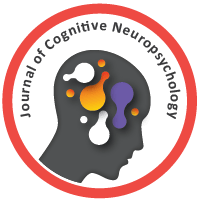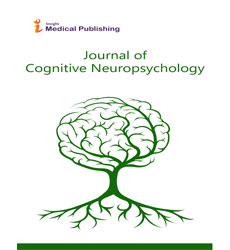A study to assess resilience of adult family caregivers of patients having schizophrenia and its related disorders, in a selected hospital, New Delhi
Abstract
Received: May 13 ,2022; Accepted: May 20,2022; Published: May 27,2022
Resilience is the process of harnessing biological, psychosocial, structural and cultural resources to sustain wellbeing. If family members are resilient, they can overcome stress associated with providing care for a person having mental illness and preserve their own health and the health of their family. A descriptive cross-sectional study was undertaken on 100 adult family caregivers of patient having schizophrenia and its related disorders who were selected consecutively from out-patient clinics of department of psychiatry, in a selected hospital, New Delhi. The data were collected using subject information sheet for caregiver and patient, Connor-Davidson resilience scale (CD-RISC) for assessing the resilience of caregivers and Brief psychiatric rating scale (BPRS) to assess the psychopathology of patient. The collected data was analyzed using STATA 14.0 software. Ethical clearance was obtained from ethics committee of the selected hospital, New Delhi. The mean age of caregivers and patients were 47.7(±11.5) and 29.8(±9.3) respectively. Sixty five percent of the family caregivers were male. Most of the caregivers were having high score on resilience scale, with mean scores of 72.14(±16.1). Caregivers who were spouse were found to be more resilient as compared to other caregivers who were giving care to patient having schizophrenia and related disorders (p=0.0006).The caregivers who had only one child are more resilient than those who had more than two children (p=0.04).

Open Access Journals
- Aquaculture & Veterinary Science
- Chemistry & Chemical Sciences
- Clinical Sciences
- Engineering
- General Science
- Genetics & Molecular Biology
- Health Care & Nursing
- Immunology & Microbiology
- Materials Science
- Mathematics & Physics
- Medical Sciences
- Neurology & Psychiatry
- Oncology & Cancer Science
- Pharmaceutical Sciences
